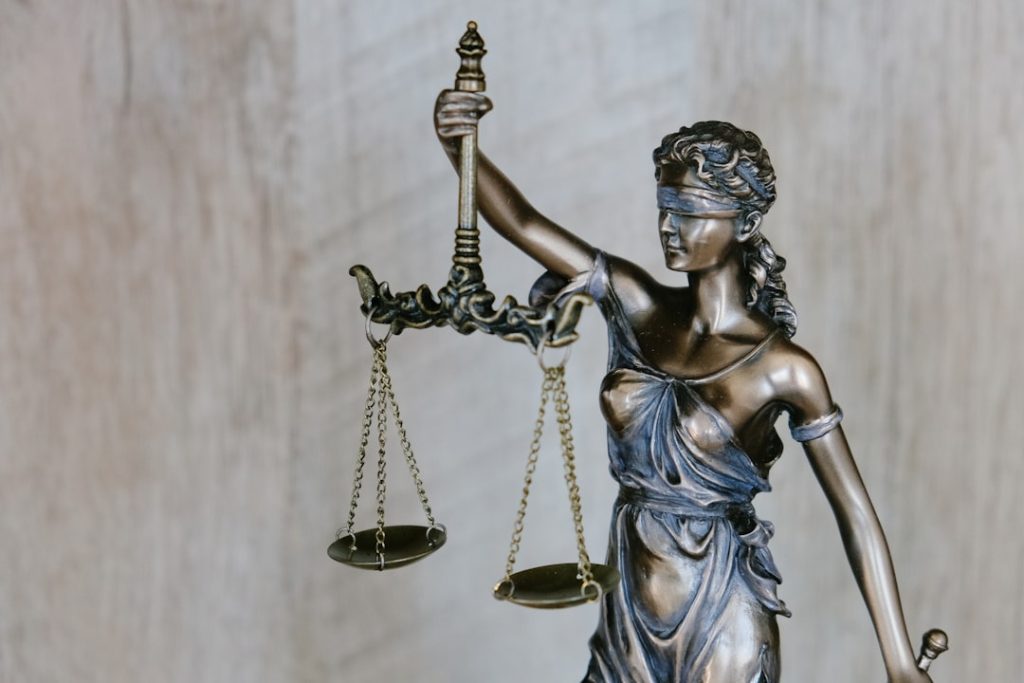Harmony is a multifaceted concept that transcends mere agreement or the absence of conflict. It embodies a state of balance and coherence among various elements, whether in music, relationships, or societal structures. In music, harmony refers to the combination of different notes played simultaneously to create a pleasing sound.
This musical analogy can be extended to human interactions, where diverse perspectives and backgrounds come together to form a cohesive community. The essence of harmony lies in the ability to appreciate and integrate differences, creating a richer and more vibrant tapestry of life. In a broader context, harmony can be seen as the alignment of individual aspirations with collective goals.
It requires an understanding that while personal desires are important, they must coexist with the needs and rights of others. This delicate balance is often challenged by competing interests and values, making the pursuit of harmony a dynamic and ongoing process. Achieving harmony necessitates active engagement, open communication, and a willingness to compromise.
It is not merely about silencing discord but rather about fostering an environment where diverse voices can be heard and respected.
Key Takeaways
- Harmony is the balance and coexistence of different elements, creating a sense of unity and peace.
- Liberty is crucial in a divided world as it allows individuals to express themselves and pursue their own paths.
- Justice plays a key role in achieving harmony by ensuring fairness and equality for all members of society.
- Navigating divisions and differences requires open-mindedness, respect, and a willingness to engage in dialogue.
- Cultivating empathy and understanding is essential for bridging gaps and fostering inclusivity in diverse communities.
The Importance of Liberty in a Divided World
Liberty is a fundamental principle that underpins democratic societies and serves as a cornerstone for individual rights. In a world marked by division—whether political, social, or cultural—the importance of liberty becomes even more pronounced. It allows individuals to express their beliefs, pursue their passions, and engage in discourse without fear of repression.
However, liberty is not an absolute concept; it must be balanced with responsibility and respect for others’ freedoms. In a divided world, the challenge lies in ensuring that liberty does not devolve into license, where one person’s freedom infringes upon another’s. The interplay between liberty and division is particularly evident in contemporary society, where polarization often leads to the silencing of dissenting voices.
In such an environment, the protection of liberty becomes essential for fostering dialogue and understanding. When individuals feel free to express their opinions, even those that are unpopular or controversial, it creates opportunities for growth and learning. Liberty encourages the exploration of diverse viewpoints, which can ultimately bridge divides and promote a more inclusive society.
The challenge remains to cultivate an atmosphere where liberty thrives alongside mutual respect and understanding.
The Role of Justice in Achieving Harmony

Justice serves as a critical pillar in the quest for harmony within society. It encompasses fairness, equity, and the rule of law, ensuring that individuals are treated with dignity and respect regardless of their background or beliefs. The pursuit of justice is inherently linked to the idea of accountability; it demands that actions have consequences and that those who violate the rights of others are held responsible.
In this sense, justice acts as a stabilizing force that can mitigate conflict and foster trust among community members. Moreover, justice is not merely reactive; it is also proactive in promoting social cohesion. By addressing systemic inequalities and providing equitable opportunities for all individuals, justice lays the groundwork for a harmonious society.
For instance, restorative justice practices focus on healing rather than punishment, encouraging dialogue between victims and offenders to foster understanding and reconciliation. This approach not only addresses the immediate harm caused by wrongdoing but also seeks to repair relationships and build a sense of community. In this way, justice becomes an essential mechanism for achieving harmony by ensuring that all voices are valued and heard.
Navigating Divisions and Differences
Navigating divisions and differences requires a nuanced understanding of the complexities inherent in human relationships. Societal divisions often stem from deeply rooted historical, cultural, or ideological factors that shape individual identities and worldviews. Recognizing these influences is crucial for fostering constructive dialogue and collaboration.
It is essential to approach differences with curiosity rather than defensiveness, seeking to understand the underlying motivations and experiences that inform others’ perspectives. One effective strategy for navigating divisions is to engage in active listening. This involves not only hearing what others say but also striving to comprehend their feelings and viewpoints fully.
By creating spaces for open dialogue where individuals feel safe to share their experiences, communities can begin to dismantle barriers that perpetuate misunderstanding and mistrust. For example, community forums that encourage storytelling can provide powerful opportunities for individuals to connect on a personal level, fostering empathy and reducing animosity. In this way, navigating divisions becomes an opportunity for growth rather than a source of conflict.
Cultivating Empathy and Understanding
Empathy is a vital component in bridging divides and fostering understanding among individuals with differing perspectives. It involves the ability to put oneself in another’s shoes, recognizing their feelings and experiences as valid even if they differ from one’s own. Cultivating empathy requires intentional effort; it is not an innate trait but rather a skill that can be developed through practice and reflection.
Engaging with diverse communities, reading literature from various cultural backgrounds, or participating in workshops focused on empathy-building can enhance one’s capacity for understanding. Moreover, empathy plays a crucial role in conflict resolution. When individuals approach disagreements with empathy, they are more likely to seek common ground rather than escalate tensions.
For instance, in situations where political polarization is prevalent, empathetic dialogue can help individuals recognize shared values despite differing opinions on specific issues. This recognition can pave the way for collaborative problem-solving efforts that prioritize mutual interests over partisan divides. By fostering empathy within communities, individuals can create environments where differences are celebrated rather than feared.
Building Bridges and Fostering Inclusivity

Fostering Inclusivity through Policies and Programs
Inclusivity goes beyond mere tolerance; it involves actively engaging marginalized voices and ensuring that all individuals have equal access to opportunities and resources. This can be achieved through policies that promote diversity in workplaces, educational institutions, and community organizations. For example, implementing mentorship programs that connect underrepresented individuals with established leaders can empower them to navigate systemic barriers effectively.
Cultivating a Culture of Belonging
In addition to structural changes, fostering inclusivity requires cultivating a culture of belonging where everyone feels valued and respected. This can be achieved through initiatives that celebrate diversity—such as cultural festivals or awareness campaigns—that highlight the contributions of various groups within society.
Strengthening Social Fabric through Shared Experiences
By creating spaces where individuals from different backgrounds can come together to share their stories and experiences, communities can strengthen their social fabric and promote unity amidst diversity. Building bridges is not merely about creating connections; it is about nurturing relationships that honor differences while working towards common goals.
Striving for Equality and Fairness
Equality and fairness are foundational principles that underpin harmonious societies. Striving for equality means recognizing that all individuals deserve equal rights and opportunities regardless of their race, gender, socioeconomic status, or other characteristics. This pursuit often involves challenging systemic injustices that perpetuate inequality—such as discriminatory laws or practices—and advocating for policies that promote equity across various sectors of society.
Fairness complements equality by emphasizing the importance of just treatment in all interactions. It requires acknowledging historical injustices and their ongoing impact on marginalized communities while working towards rectifying these disparities through affirmative action or reparative measures. For instance, educational institutions may implement scholarship programs aimed at supporting students from underprivileged backgrounds to ensure they have access to quality education.
By prioritizing equality and fairness in decision-making processes, societies can create environments where all individuals have the opportunity to thrive.
Embracing Diversity and Celebrating Differences
Embracing diversity involves recognizing the inherent value of different perspectives, cultures, and experiences within society. Rather than viewing diversity as a challenge to be managed or tolerated, it should be celebrated as a source of strength that enriches communities. Diverse groups bring unique insights and innovative solutions to complex problems; thus, fostering an environment where diversity is embraced can lead to greater creativity and resilience.
Celebrating differences can take many forms—from cultural exchanges that highlight various traditions to initiatives promoting interfaith dialogue aimed at fostering mutual respect among different religious communities. These efforts not only enhance understanding but also create opportunities for collaboration on shared goals such as social justice or environmental sustainability. By actively embracing diversity and celebrating differences, societies can cultivate an atmosphere where everyone feels empowered to contribute their unique gifts toward collective progress.


